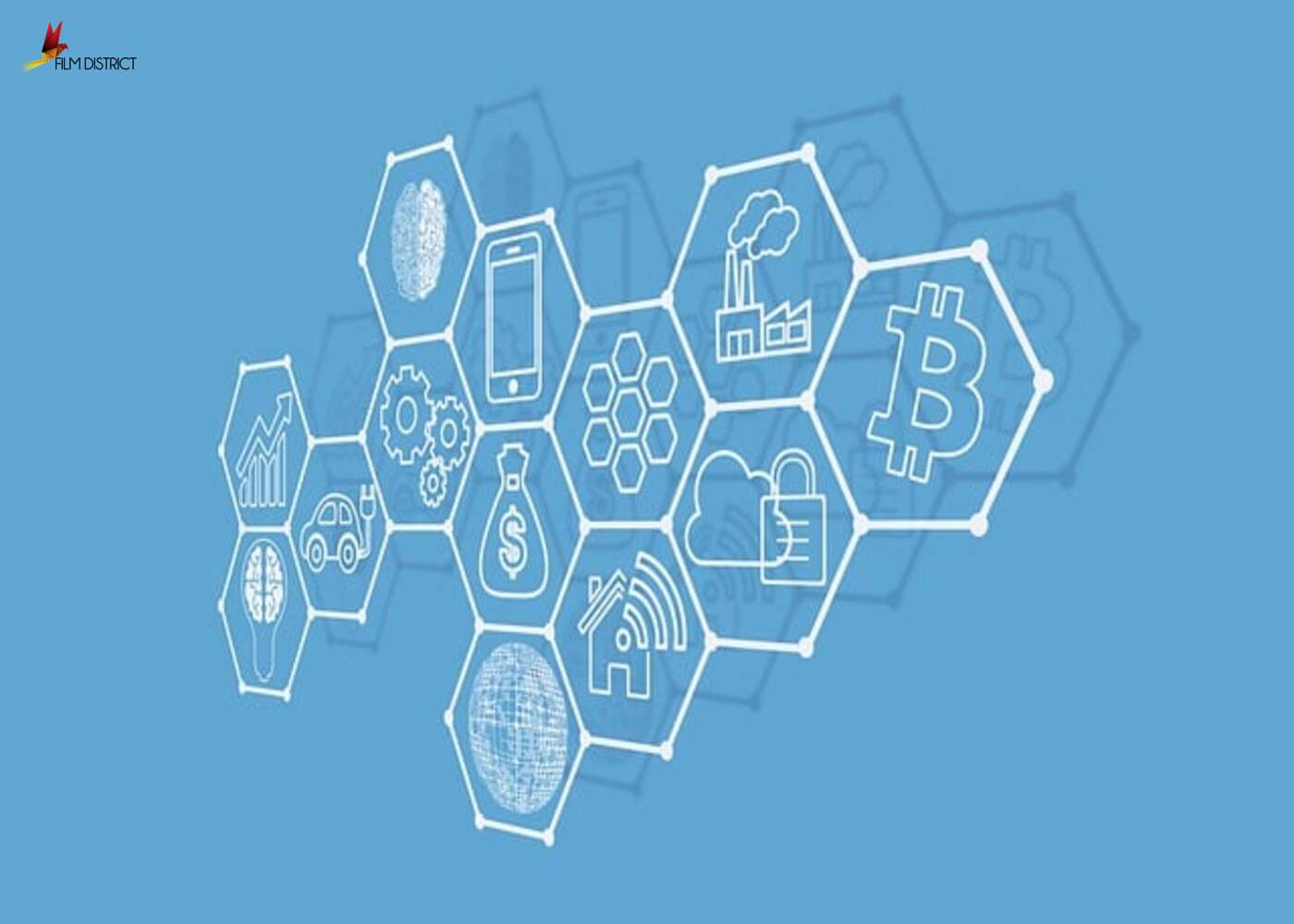Blockchain technology, originally developed as the underlying infrastructure for cryptocurrencies like Bitcoin, has emerged as a powerful tool for enhancing transparency and trust in various industries. In the gaming sector, where issues such as cheating, fraud, and opaque transaction systems have long plagued players and developers alike, blockchain offers a promising solution. In this article, we explore how blockchain technology can revolutionize gaming by providing unprecedented levels of transparency and accountability.
Decentralization and Immutable Records:
Transparent Transactions:
Blockchain operates on a decentralized network of nodes, where transactions are recorded on a public ledger accessible to all participants. This transparency ensures that all gaming transactions, including in-game purchases, digital asset exchanges, and rewards distribution, are recorded in a tamper-proof manner, reducing the risk of fraud and manipulation. Additionally, with the integration of cryptocurrencies, converting SOL to USD for various transactions adds another layer of flexibility and security.
Immutable Records:
Once recorded on the blockchain, transaction records are immutable, meaning they cannot be altered or deleted. This immutability guarantees the integrity and permanence of gaming transactions, preventing unauthorized changes and ensuring a reliable audit trail for all gaming-related activities.
Preventing Cheating and Fraud:
Anti-Cheating Mechanisms:
Blockchain technology can be used to implement anti-cheating mechanisms that detect and prevent unfair gameplay practices, such as hacking, botting, and exploiting loopholes in game mechanics. By leveraging smart contracts and cryptographic algorithms, developers can create secure and tamper-proof gaming environments that uphold fair play principles.
Verifiable RNG:
Random Number Generation (RNG) algorithms play a critical role in many gaming applications, including loot drops, card shuffling, and character stats. Blockchain-based RNG solutions provide verifiable randomness, allowing players to independently verify the fairness and unpredictability of game outcomes without relying on centralized authorities or trust.
Enhancing Ownership and Interoperability:
True Ownership of Digital Assets:
Blockchain technology enables players to truly own their in-game assets by recording ownership rights on the blockchain as non-fungible tokens (NFTs). These NFTs can be freely traded, transferred, or sold on decentralized marketplaces, empowering players to monetize their gaming investments and participate in vibrant digital economies.
Interoperability across Platforms:
Blockchain's interoperability features facilitate seamless asset transfers and interoperability across different gaming platforms and ecosystems. Players can use their blockchain-based assets across multiple games and platforms, unlocking new opportunities for cross-game collaboration, asset portability, and interoperable experiences at 91club.
Challenges and Considerations:
Scalability:
Scalability remains a significant challenge for blockchain technology, particularly in high-throughput gaming environments with millions of transactions per second. Solutions such as layer-2 scaling solutions, side chains, and sharding are being explored to address scalability issues and accommodate the growing demands of gaming applications.
User Experience:
User experience is paramount in gaming, and blockchain-based solutions must prioritize usability, accessibility, and seamless integration with existing gaming platforms. Developers must strike a balance between blockchain's transparency and security features and the intuitive, frictionless experience that gamers expect.
Conclusion:
Blockchain technology holds immense potential for revolutionizing the gaming industry by providing unprecedented levels of transparency, security, and ownership rights. By leveraging blockchain's decentralized infrastructure, immutable records, and cryptographic security features, developers can create fairer, more transparent gaming ecosystems that empower players and foster trust and collaboration. As blockchain continues to evolve, its integration into gaming holds the promise of a more equitable, inclusive, and innovative gaming landscape for players and developers alike.







